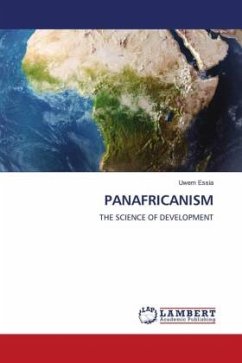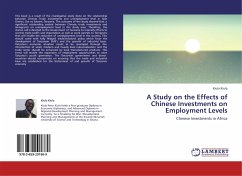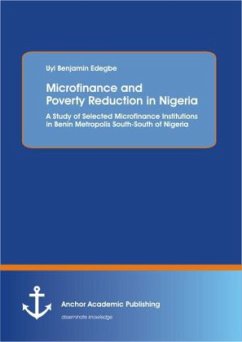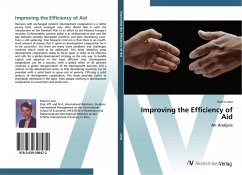
Benin and Senegal's education systems: pathways to decent employment
Versandkostenfrei!
Versandfertig in 6-10 Tagen
24,99 €
inkl. MwSt.

PAYBACK Punkte
12 °P sammeln!
This book explores the historical legacy that shapes the current higher education systems in most developing countries with a focus on Benin and Senegal, two sub-Sahara African countries. It further analyzes various specificities in terms of production of graduates in more than 6 sub-Sahara African higher educational schools, as well as the rate, process, and conditions of employment of newly graduated students. Inspired by the comparative advantage offered by the Indian education system in Information, Communication and Technology (ICT), and the Chinese education system in terms of Technical ...
This book explores the historical legacy that shapes the current higher education systems in most developing countries with a focus on Benin and Senegal, two sub-Sahara African countries. It further analyzes various specificities in terms of production of graduates in more than 6 sub-Sahara African higher educational schools, as well as the rate, process, and conditions of employment of newly graduated students. Inspired by the comparative advantage offered by the Indian education system in Information, Communication and Technology (ICT), and the Chinese education system in terms of Technical Skills and Work Readiness, the author suggests an educational pathway that identifies, orients and empowers students in these science related areas. Furthermore, he strongly emphasizes the promotion of entrepreneurship, touristic and agribusiness education at all levels of professional schools. Finally, he advocates for the new learner empowerment approach that awakes and enhances the lifelong learning experience of the future sub-Sahara African or the international employees.












